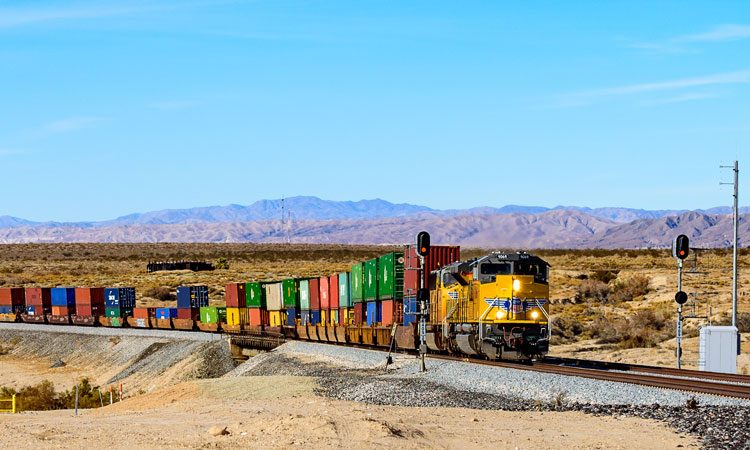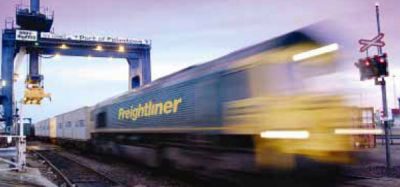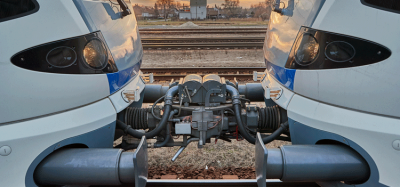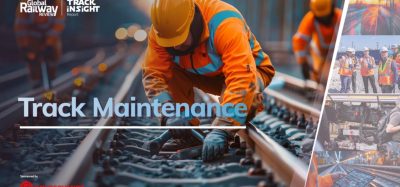North American railroads need a better relationship with the supply chain
Posted: 27 September 2019 | Global Railway Review | No comments yet
A Paper has been released to identify how the relationships between North American railroads and the freight supply chain can be improved.


Global supply chain and operations consulting firm, Maine Pointe, has supported a key industry white paper in association with the Center for Railway Research and Education at The Eli Broad College of Business, Michigan State University.
The paper titled Rail Optimization: Carrier/Shipper/Investor Relationships includes vital information on the future of relationships in the critical areas where supply chain management meets rail freight services.
Created in response to significant carrier and shipper imbalances throughout the North American transportation network, a factor complicated by unpredictable economic growth, the paper details a shortage of drivers, new environmental restrictions and reduced capacity across the truck and rail network. Carriers, shippers and investors may face an uncertain future as the ‘Amazon effect’ takes a grip and buyer behavior continues to change, along with freight traffic patterns and an increasing level of complexity in the supply chain.
With the US Department of Transportation predicting an increase in total freight demand of 88 per cent by 2035 due to increased road congestion, stakeholders are looking to new technologies and business models to meet the Amazon effect head-on and prepare for the future. In a rapidly changing world, it has become essential for carriers, shippers and investors to gain a deeper understanding of the value drivers and find new ways to deliver a positive impact for all stakeholders.
The future of the rail industry will be driven by digital transformation
According to the paper, digital transformation has become an essential component in bringing rail transportation into the modern era. In particular, data and decision-making, supported by the implementation of Positive Train Control (PTC), provides a platform for service improvement and better planning.
Nick Little, Director of Railway Education at the Center for Railway Research and Education at The Eli Broad College of Business, Michigan State University, said: “Freight tonnage will grow by 40 per cent by 2045, and rail will have to play a significant role in creating this extra capacity. Yet over the past several years, the relationship between shipper and carrier has become increasingly dysfunctional. We created this white paper, together with Maine Pointe, to identify drivers of more successful relationships between railroads, shippers, customers and suppliers.”
Research findings point to a need for collaboration and a focus on the end-to-end supply chain
Initial findings of the research revealed that shippers using rail often found rail service quality was less than expected and unpredictable. While some anecdotal stories of productive communication between rail organisations and shippers were revealed, many reported that a breakdown of communications often existed due to yards being closed or staff being reduced. They expressed a desire to have the same level of information and communication on their consignments as consumers can receive when ordering online from Amazon.
Michael Notarangeli, EVP Engagement Partner at Maine Pointe, said: “Findings from our research point to a need for greater collaboration and a win-win partnership that benefits all stakeholders and drives cost savings and growth. All shippers and carriers must also evaluate their buy-make-move-fulfill supply chain to eliminate bottlenecks, enhance throughput and optimise shipments, with the goal of improving cost, cash, growth and share price performance.”
According to the paper, railway business models will need to move towards a more advanced supply chain management model characterised by end-to-end supply chain integration and value creation, as railroad leaders and managers acquire new skills and knowledge.







